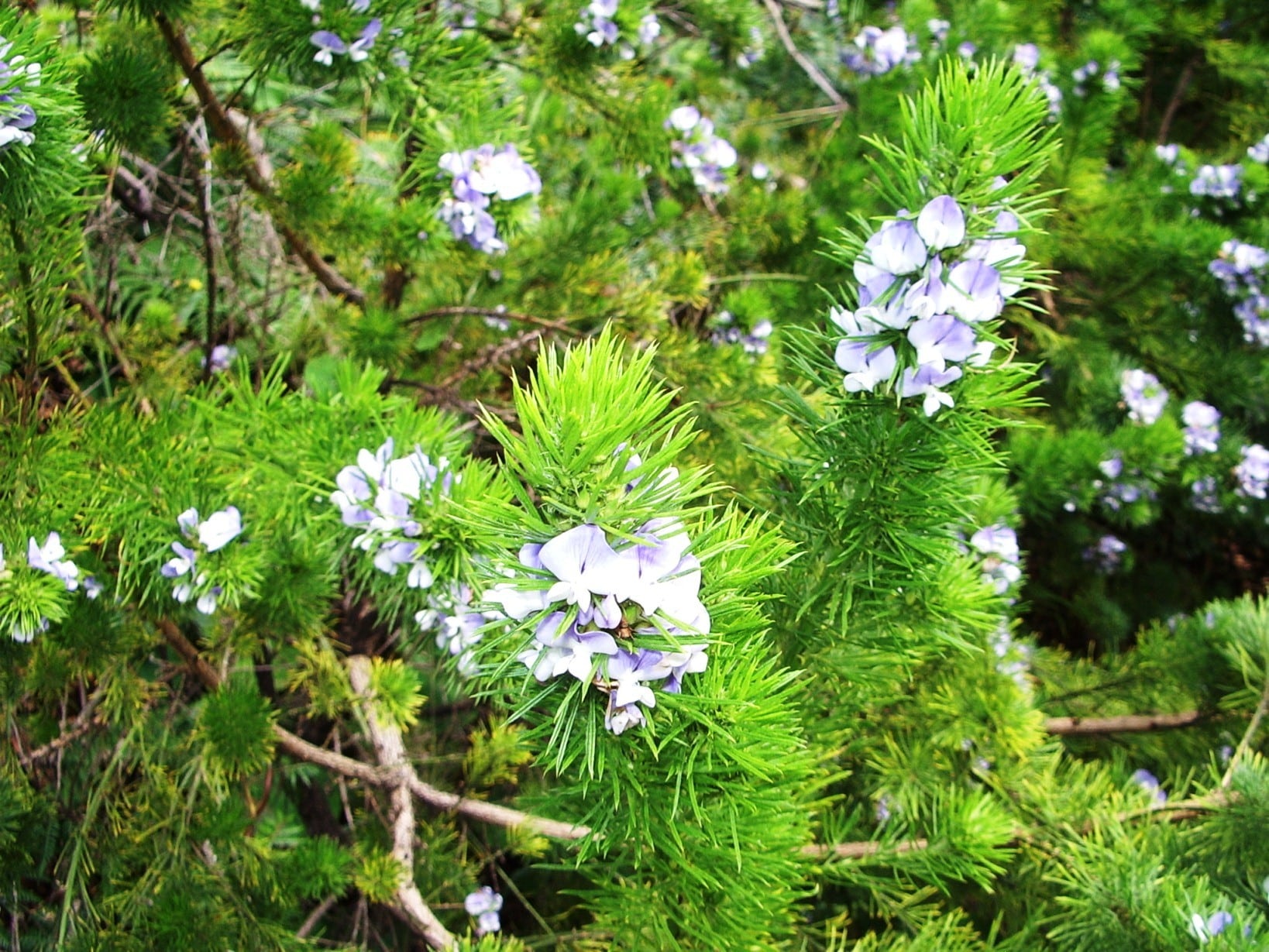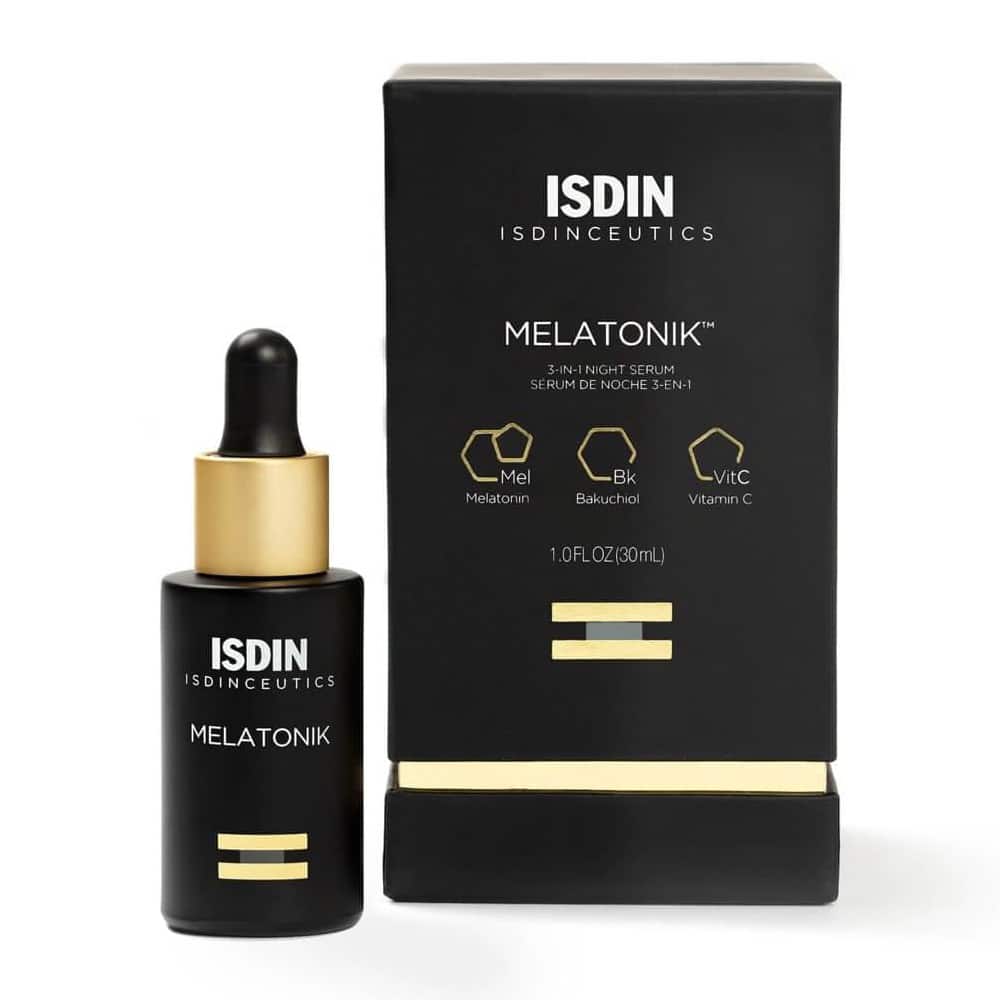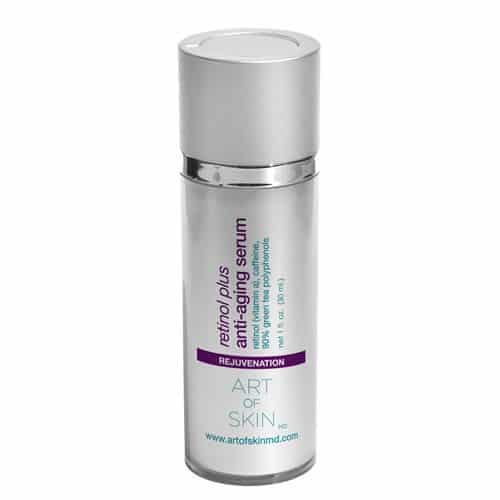This month, Dr. Palm is featured in InStyle discussing Bakuchiol, an ingredient that might be a natural alternative to Retinol.
Bakuchiol is phenolic derivative found in high concentration from the seeds and leaves of a flowering Asian plant, namely the species Psoralea corylifolia. It has been used for some time in Asian and Indian culture to treat a variety of conditions, exploiting its antioxidant, anti-inflammatory, antibacterial, and anti-tumor effects.
A 2014 published study compared the effects of bakuchiol to the vitamin A derivative retinol. Bakuchiol does not chemically resemble retinols and retinoids, but it is shown through lab studies, genetic expression, and clinical application to the skin to induce many of the same anti-aging changes as the vitamin A derivatives we as dermatologists have loved for decades.
Bakuchiol has been shown to demonstrate statistically similar rejuvenating results to retinol in the skin. Photoaging, wrinkles, skin texture, and expression of collagen (I, III, and IV) and other proteins in the skin’s dermis. Bakuchiol also seems to create less dryness, redness, and irritation compared to retinols. Interestingly, bakuchiol is stable to the effects of light and oxidative stress unlike retinols and retinoids which tend to degrade under these conditions. Bakuchiol’s photostability may actually allow it to stabilize the use of retinoids so that both may work synergistically together.
As a plant derivative, bakuchiol is a “natural” alternative to retinoids and retinols.
Retinols are vitamin-A derivatives and are found in significant quantities in certain foods including beef, calf, chicken liver, eggs, fish, cantaloupe and many vegetables including carrots, squash, sweet potatoes, and pumpkin. Although found in nature, most retinols utilized for commercial purposes are synthetically derived in a laboratory setting, exactly mimicking the molecule found in nature.
Studies have demonstrated that bakuchiol functionally mimics many of the positive anti-aging effects on the skin that retinols stimulate, but bakuchiol does not increase gene expression of some retinol-related genes that increase skin irritation. In a 2014 published study, bakuchiol was shown to be stable to light, not easily oxidized, kept skin hydrated, and decreased redness and irritation related to 0.5% bakuchiol topical skin care use.
I advise most patients to use a bakuchiol-containing serum at night (once per 24 hour period). It absolutely can be used along with a retinol to augment the effects of topical vitamin A derivatives, or it can be used alone for anti-aging effects. As nighttime skincare can exploit the increased skin absorption, temperature, circulation, and reparative mechanisms, evening application of bakuchiol is ideal to help with skin rejuvenation.
Bakuchiol is fantastic for sensitive, drier, and rosacea-prone skin types that do not tolerate traditional retinols or retinoids. Men often prefer serums, and bakuchiol-containing serums are a great alternative to retinoids. Product junkies that want to use a topical with good science behind it may choose to combine their retinoid/retinol use with bakuchiol for a possible synergistic effect.
Because it activates similar gene expression to retinols, bakuchiol does not appear in laboratory or clinical studies to take a longer time to have its biological effect, which translates to the positive visible changes on the skin. Retinoids, the stronger cousins to retinols, tend to have a faster onset of action. It remains unclear whether retinoids and bakuchiol have a similar timeline to anti-aging effects on the skin, and a head-to-head comparative clinical study has not been performed.
You can purchase ISDIN Melatonik 3-in-1 Night Serum here and Art of Skin MD’s line of Retinol products here.




